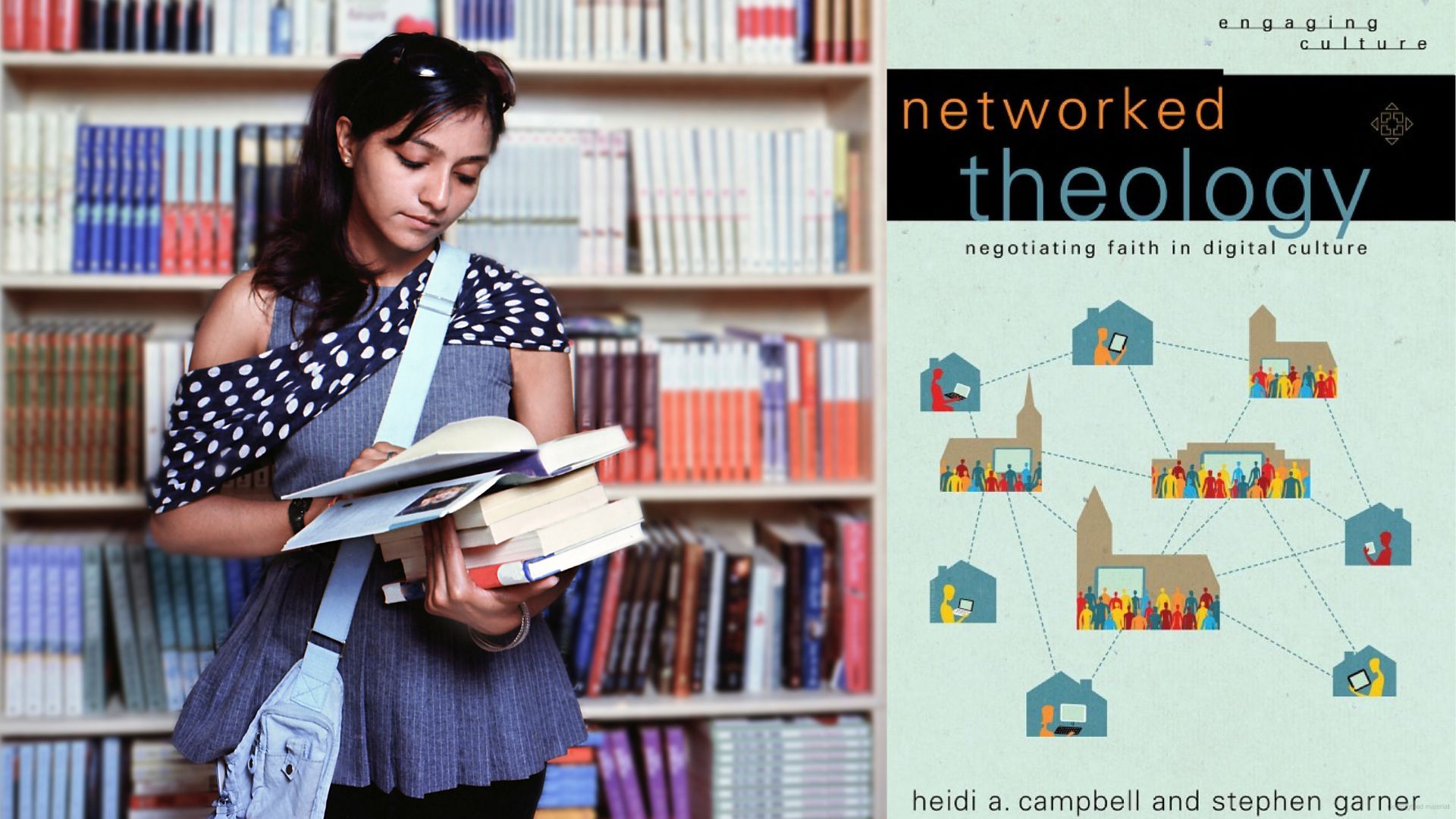
Book Review: Heidi A. Campbell and Stephen Garner’s Networked Theology: Negotiating Faith in Digital Culture. This book provides practical guidance on using technology effectively to foster spiritual development, strengthen communication and community building, and move the church closer to achieving its mission. Read More…
Introduction
Digital culture is shaping our everyday life. Heidi A. Campbell and Stephen Garner’s Networked Theology: Negotiating Faith in Digital Culture is a thought-provoking book that provides insightful analysis and practical guidance on how digital technology impacts religious beliefs and practices.
This book contends that theological discourse must be taken seriously to understand “how new media shape our everyday lives and the ethical impact of our technological engagement on our perception of what it means to be human.”
Summary
While relying on sociocultural research, the authors trace “the historical and contemporary dialogue between technology and theology within the context of the Christian church” (chapter 1).
They provide the reader with “a crash course” in new media theory to assist them in comprehending the revolutionary aspects of digital media technologies and the values promoted by these technologies (chapter 2).
They then investigate how people use the internet for religious purposes in order to demonstrate how digital trends mirror larger shifts in the contemporary practice of religion away from the internet (chapter 3).
And in the two remaining chapters, Campbell provides a biblical and theological framework for engaging with technology and emphasizes the importance of balancing the use of technology with spiritual discernment, wisdom, and discernment.
Three reasons why Christians should read Networked Theology are:
A Balanced Approach
It offers a well-rounded perspective on the relationship between religion and technology. The authors steer clear of taking either an unreservedly positive or a categorically negative stance towards modern technology.
Instead, they present a nuanced view that acknowledges the potential benefits and pitfalls of technology, and they encourage Christians to use technology in a wise and responsible manner.
The Impact of Technology
It informs readers about the influence that technology has had on religious practices. The authors present a comprehensive overview of the ways in which technology is altering the way in which individuals experience and express their faith.
Christians who want to engage with technology in a way that supports their faith and moves the mission of the church forward need to have this understanding.
Practical Guidance
It provides direction and guidance on how to manoeuvre one’s way through the digital landscape. The authors provide practical guidance on how to use technology effectively to foster spiritual development, strengthen communication and community building, and move the church closer to achieving its mission.
They also offer guidance on handling the ethical challenges in the digital age, such as the invasion of personal privacy, the censorship of information, and the proliferation of false information.
Conclusion
Overall, Networked Theology is a well-written book that is both thought-provoking and practical. It offers a biblical and theological framework for engaging with technology in the modern era.
This book is an essential resource for anyone interested in understanding the role that technology plays in shaping religious beliefs and practices, regardless of whether they are a church leader, a layperson, or a theology student.
I warmly recommend reading this book to anyone who desires to navigate the digital landscape with wisdom, discernment, and faith.







